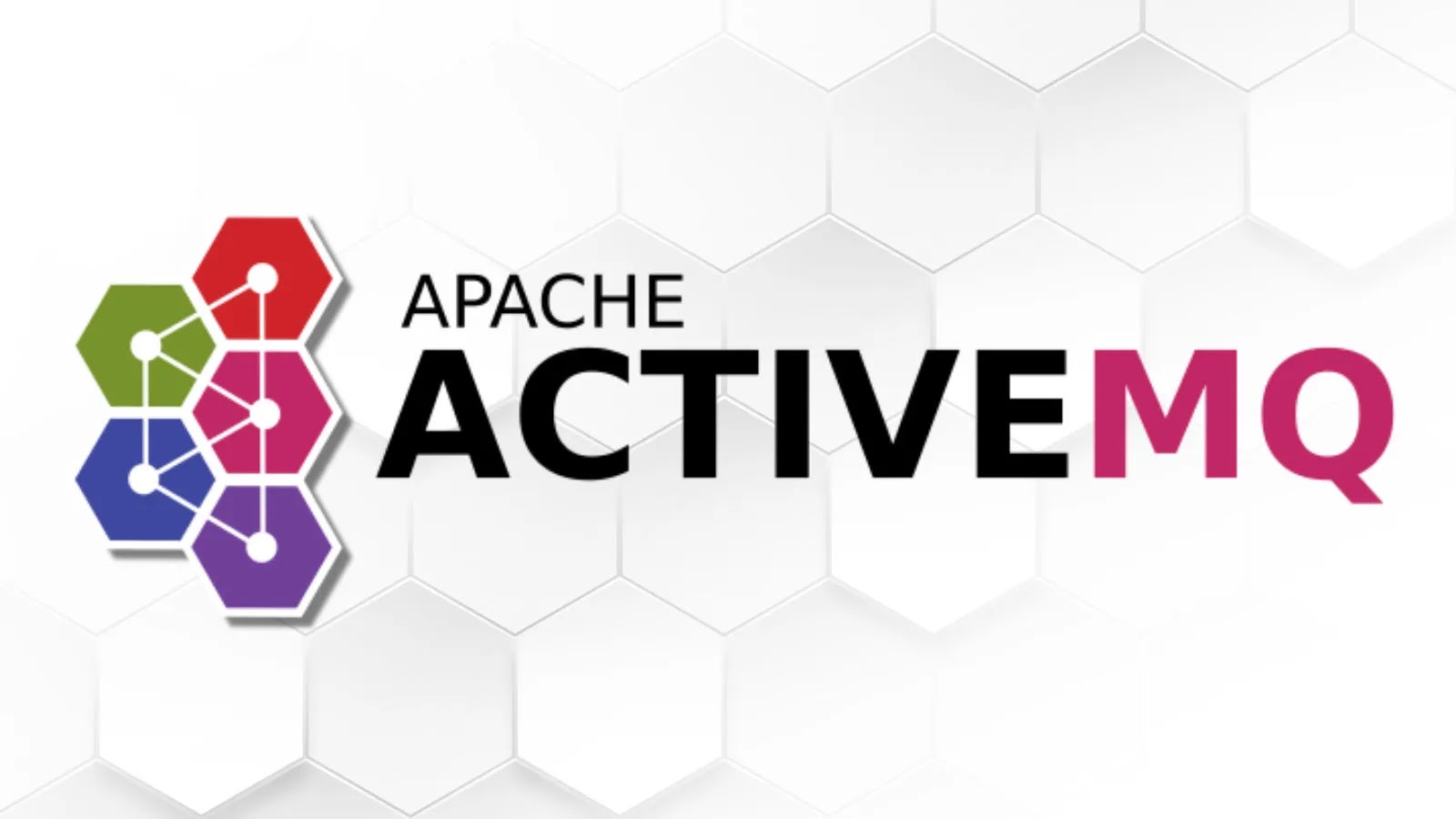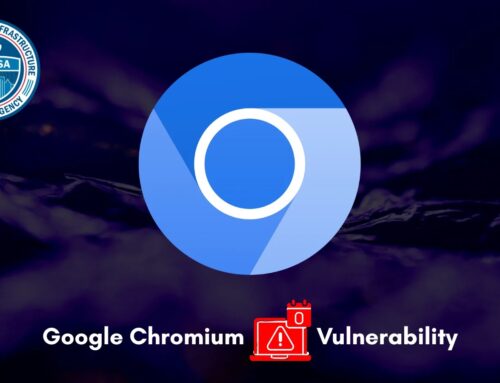
Critical Apache ActiveMQ Vulnerability Let Attackers Execute Arbitrary Code
A severe security flaw has been identified in Apache ActiveMQ, specifically within its NMS AMQP Client, that presents a critical risk. This vulnerability, tracked as CVE-2025-54539, allows attackers to execute arbitrary code on systems running affected versions. For organizations relying on ActiveMQ for their messaging infrastructure, this deserialization flaw demands immediate attention due to its potential for profound impact.
Understanding the Critical Apache ActiveMQ Vulnerability: CVE-2025-54539
The Apache Software Foundation recently disclosed details about CVE-2025-54539, a critical deserialization vulnerability affecting the Apache ActiveMQ NMS AMQP Client. This client is instrumental in enabling applications to communicate over AMQP (Advanced Message Queuing Protocol). The core issue lies in how the client handles deserialization of untrusted data, a common vector for remote code execution (RCE) attacks.
Deserialization vulnerabilities arise when an application reconstructs an object from a stream of data without properly validating the legitimacy or integrity of that data. If a malicious actor can supply specially crafted serialized data, the application’s deserialization process can be tricked into executing arbitrary code, granting the attacker significant control over the compromised system. In the context of ActiveMQ, this means an attacker could potentially gain control simply by sending a malformed message via the AMQP protocol.
The implications of such an RCE flaw are severe. Attackers could:
- Execute malicious payloads on the server.
- Gain persistence within the compromised environment.
- Escalate privileges.
- Access sensitive data or disrupt operations.
Affected Versions and Scope of Impact
While the initial disclosure highlights the NMS AMQP Client, it’s crucial for organizations to identify all instances of Apache ActiveMQ within their environment, particularly those utilizing AMQP for messaging. The specific affected versions of the NMS AMQP Client would typically be detailed in the official Apache advisory. Administrators should consult the official Apache ActiveMQ security advisories for precise version information and affected products.
The widespread adoption of Apache ActiveMQ across various industries, from financial services to telecommunications, amplifies the potential impact of this critical vulnerability. Any application or system using the vulnerable client to handle AMQP messages is at risk, making a comprehensive audit of software dependencies essential.
Remediation Actions and Mitigations
Given the severity of CVE-2025-54539, immediate action is required to protect systems. The following steps are critical:
- Update Immediately: The primary mitigation is to upgrade the Apache ActiveMQ NMS AMQP Client to the patched version as soon as it becomes available from the Apache Software Foundation. Always refer to official documentation for upgrade paths.
- Isolate and Segment: Implement strict network segmentation to limit the exposure of ActiveMQ instances to untrusted networks. Restrict access to the AMQP ports (typically 5672) to only necessary, authorized internal systems.
- Input Validation: While this vulnerability is within the deserialization process, robust input validation at all entry points to your messaging system can provide a layered defense against other potential security issues.
- Monitor Network Traffic: Deploy intrusion detection/prevention systems (IDS/IPS) to monitor for suspicious activity, particularly traffic deviations on AMQP ports or attempts to deliver unusual payloads.
- Least Privilege: Ensure that the ActiveMQ service runs with the absolute minimum necessary privileges. This can limit the scope of damage if an exploit is successful.
- Regular Audits: Conduct regular security audits of your ActiveMQ deployments and connected applications to identify potential weaknesses or misconfigurations.
Detection and Scanning Tools
Effective detection and scanning are vital components of a robust cybersecurity posture. For this type of vulnerability, specialized tools can assist in identifying susceptible systems or potential exploitation attempts.
| Tool Name | Purpose | Link |
|---|---|---|
| Nessus | Vulnerability scanner for network devices and applications. | https://www.tenable.com/products/nessus |
| OpenVAS | Open-source vulnerability scanner for comprehensive network assessment. | http://www.openvas.org/ |
| OWASP Dependency-Check | Identifies known vulnerabilities in project dependencies. | https://owasp.org/www-project-dependency-check/ |
| Wireshark | Network protocol analyzer for deep inspection of AMQP traffic. | https://www.wireshark.org/ |
Conclusion
The disclosure of CVE-2025-54539 in Apache ActiveMQ’s NMS AMQP Client underscores the persistent threat of deserialization vulnerabilities. Organizations must prioritize patching and implement a defense-in-depth strategy, including network segmentation, vigilant monitoring, and regular security assessments. Staying informed through official Apache advisories is paramount to mitigating this significant risk and protecting critical messaging infrastructure from potential arbitrary code execution.





